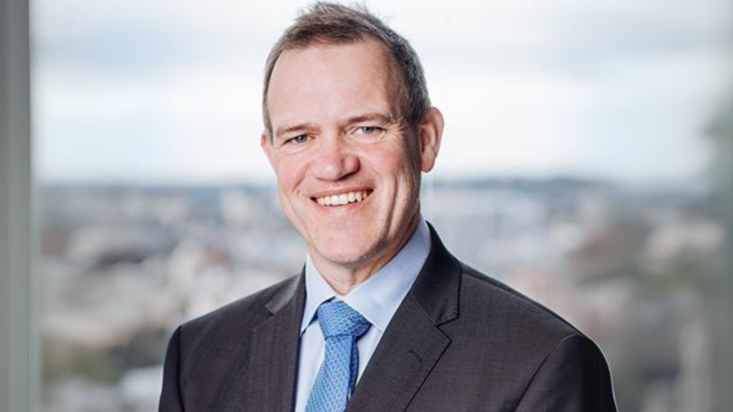High regulatory bar makes healthcare a solid value play: Perennial
The regulatory settings for marketing healthcare products in Australia are much more stringent than they are in many other countries, including the U.S. And while that may seem like a restrictive barrier to growth for some companies, it does present as an opportunity for healthcare fund investors according to Perennial Partners portfolio manager Victor Windeyer.
In Australia, moreso than most countries, healthcare product manufacturers are bound by a number of laws and codes that restrict retail marketing activities. It is illegal to advertise prescription medicines to consumers, for example, including prescription-only weight loss medicines such as Ozempic. It’s also illegal to advertise unregistered therapeutic goods to consumers or healthcare professionals.
“You don’t get that in the US,” Windeyer (pictured) tells The Inside Adviser. “It’s open slather over there. If you travel in the US you’ll be deluged with companies advertising all sorts of erectile dysfunction and weight loss drugs.”
These regulations, and the subsequent reduction in the visibility of many healthcare products an companies, has contributed to the Australian investment diaspora being relatively underrepresented in the healthcare sector, Windeyer says.
“One of the reasons it’s extra complicated for your average Australian to understand the healthcare market is because it’s illegal for companies to market directly to consumers here,” he says. “It’s not like Apple or Amazon, or any of the big technology companies that you’re interacting with on a daily basis.”
As other sectors like technology get relatively unfettered ‘airplay’, consumers are more comfortable with them and more readily invest, but the restrictions on healthcare marketing means people are “a little bit hesitant” to invest beyond blue chips equities, Windeyer explains,
“Fundamentally, healthcare is a great place to invest,” says Windeyer, who will be speaking at The Inside Network’s Alternatives Symposium in The Hunter Valley on the 18th/19th of November. “The risk/return profile is very good, and it performs well in all sorts of different markets.
“The unfamiliarity is an issue. People in Australia have exposure to healthcare, but they are under-exposed to it and they have very niche exposure. It’s typically just Cochlear, CSL and ResMed.”
Yet that provides a wonderful opportunity for advisers and investors to tap into what is a “defensive growth” asset class, he says, especially after rising interest rates dampened the price of healthcare stocks that would come under the ‘growth’ banner, including biotech.
Bringing these kind of opportunities to Australian investors is why Perennial took over management duties of the Future of Healthcare Fund earlier this year, he explains. The fund’s portfolio includes Australian and global listed and unlisted companies in the pharmaceutical, life sciences, biotechnology and medical device sectors.











